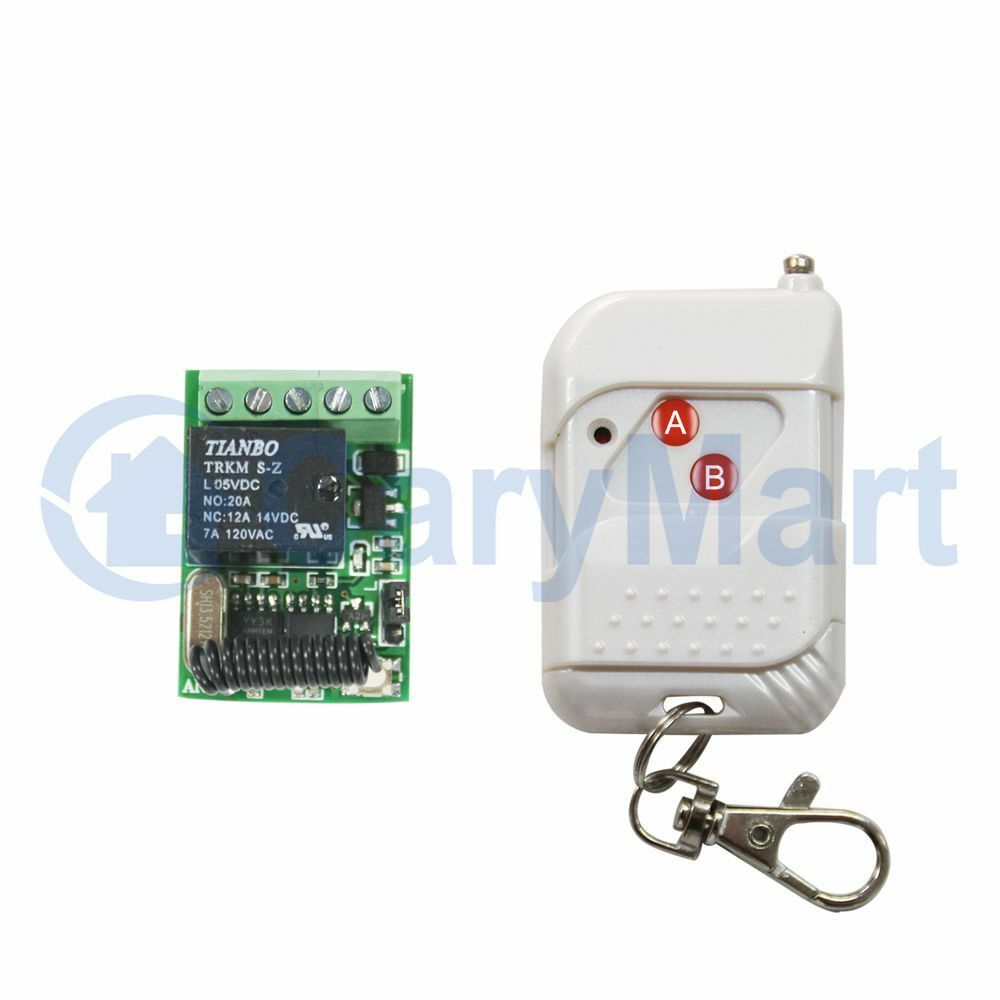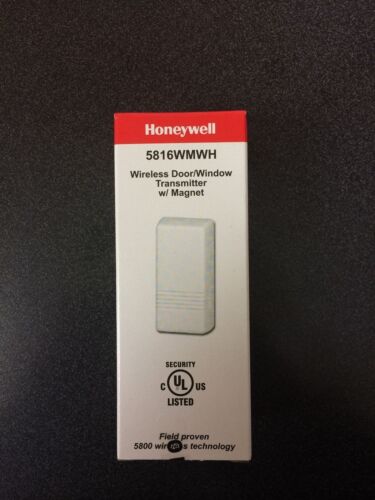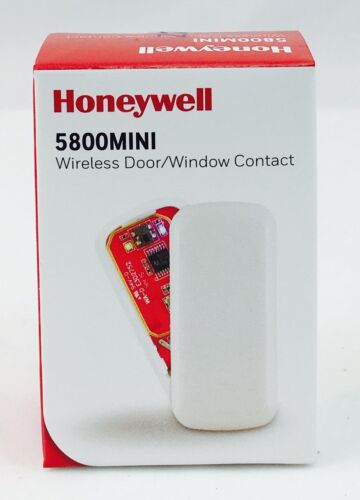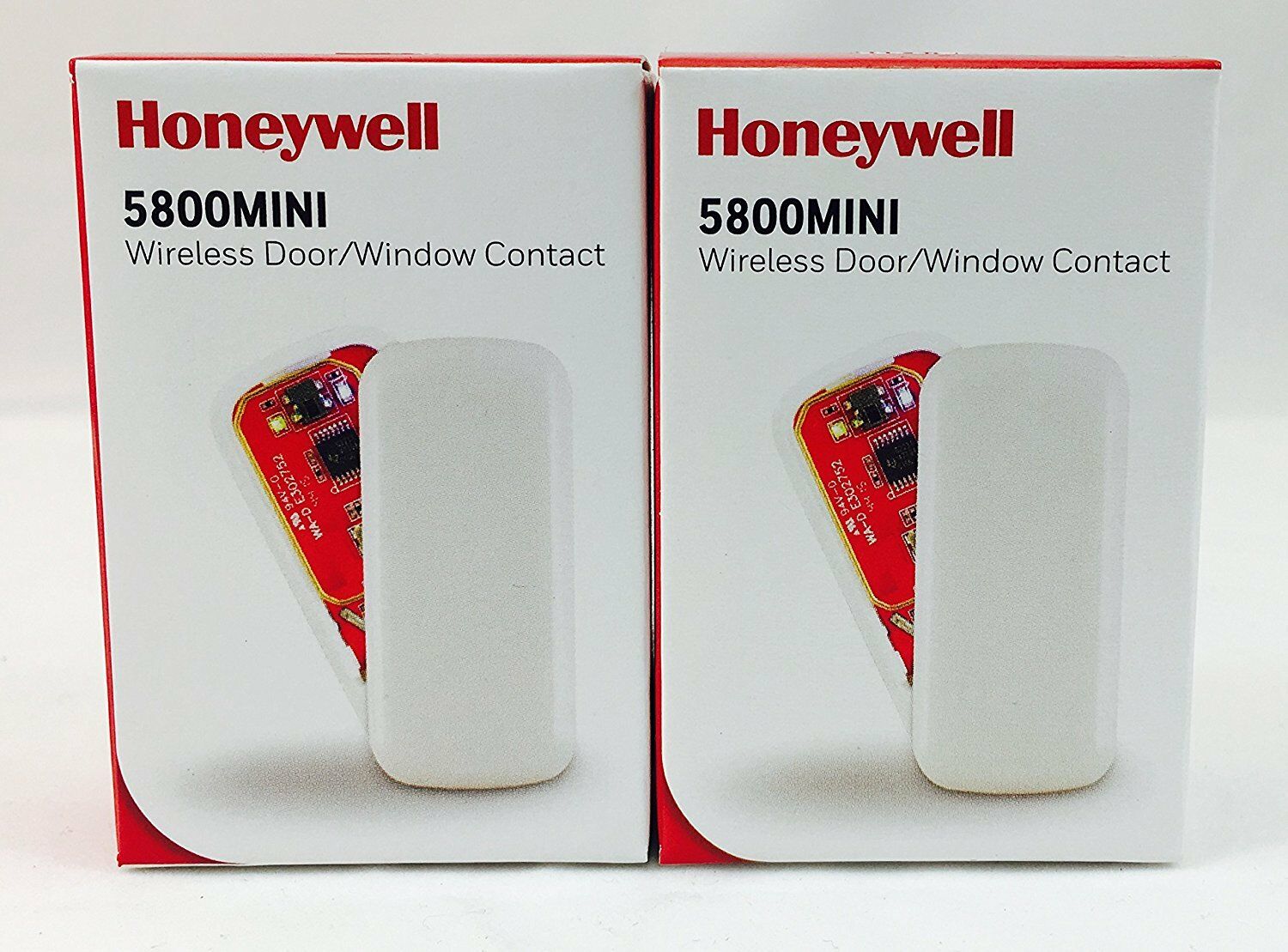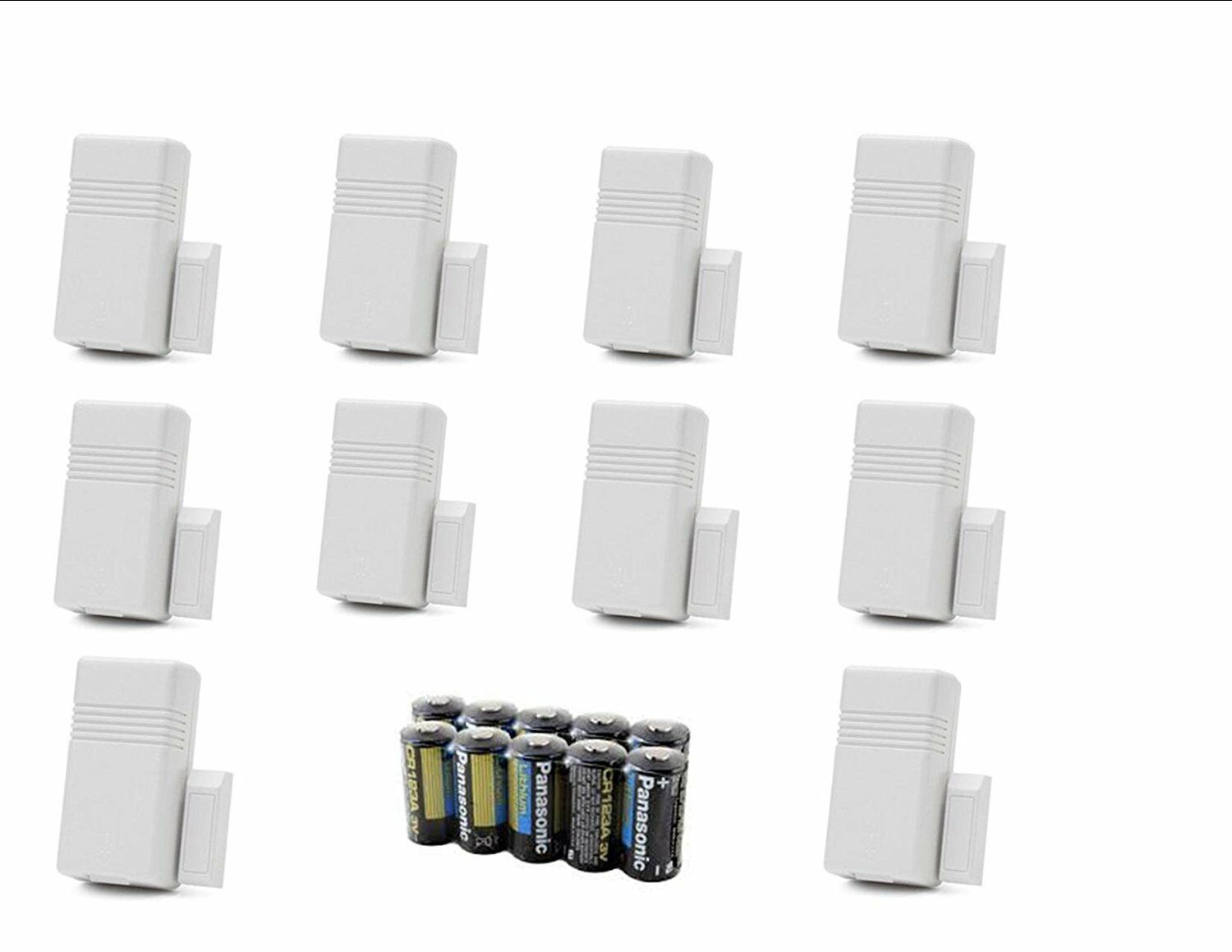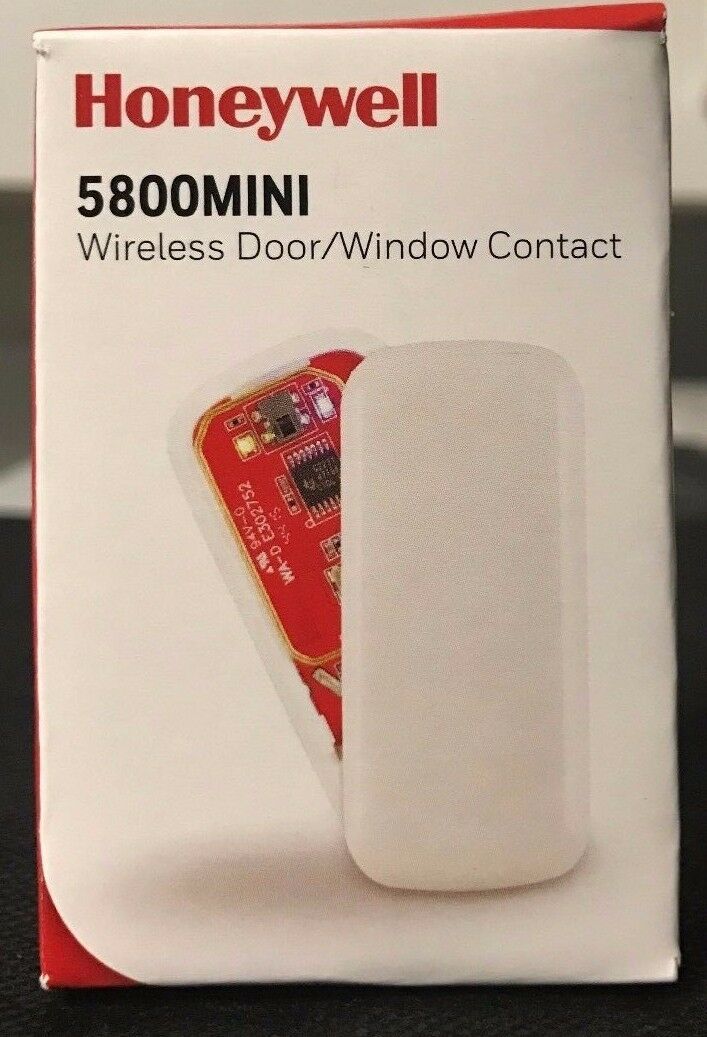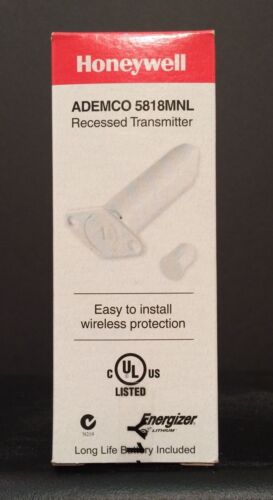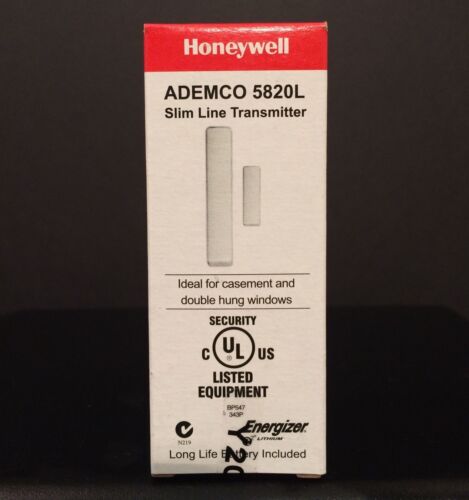-40%
DC 4-12V Mini Wireless Remote Control System with 5A Relay Output
$ 17.42
- Description
- Size Guide
Description
0020647DC 4-12V Mini Wireless Remote Control System with 5A Relay Output
Model: 0020647
Package Include:
1 x Receiver: S1UC-DC(4~12V)
1 x Transmitter: C-2
1 x User manual
Feature:
Wireless control, easy to install.
Super mini size.
5A relay output.
Control lights, motors, electric doors or locks, or other appliances with voltage AC110~240V or DC0~28V.
You can turn on/off the receiver with transmitter (remote control) from any place within a reliable distance; the wireless RF signal can pass through walls, floors and doors.
With characteristics of reverse power protection.
Reliable control: The receiver can be only triggered by the transmitters which have learned.
One/ several transmitters can control one/ several receivers simultaneously.
Transmitting Frequency: 315MHz / 433MHz
Receiver:
Model No.: S1UC-DC(4~12V)
Channel: 1 CH
Control Modes: Momentary, Self-Locking, Interlocking
Coding Type: Fixed code or Learning code
Coding Setting: By learning
Power Supply (Operating Voltage): DC 4~12V
Output: Relay output (Normally open and normally closed)
Working Voltage Range of Relay: AC110~240V or DC0~28V
PCB Size: 34mm x 23mm x 17mm
Static Current: ≤7mA
Maximum Working Current of Relay: 5A
Receiver Working Current: 30mA
Transmitter:
Model No.: 0021001 (C-2)
With Sliding Cover: Slide up when it doesn’t work (to protect the button). Slide down the button will appear.
Shell Color: Wood Color / White/ Black
Channel/Button: 2
Button Symbol:1, 2
Operating Voltage: 12V (1 x 23A -12V battery, can be used for 12 months)
Operating Current: 6mA
Operating Frequency: 315Mhz / 433Mhz
Encoding Chip: PT2262/ PT2264/ SC2262
Encoding Type: Fixed code by soldering, up to 6561 codes.
Transmitting Distance: 100m / 300ft (theoretically)
The distance of 100m is a theoretical data, it shall be operated in an open ground, no barriers, no any interference. But in the practice, it will be hindered by trees, walls or other constructions,
and will be exposed to some interference by other signals. Therefore, the actual distance may or may not reach 100m.
If you stretches the telescopic antenna, it can have a further working range, which is twice as much as it used to be.
Modulation Mode: ASK
Operating Temperature: -20 ° C to +70 ° C
Unit Size: 58mm x 39mm x 16mm
Weight: 30g
Uses: garage doors, motorcycles, car alarm products, home security products, wireless remote control products, industrial control products.
Matching Transmitters:
The receiver can work with different transmitters, such as model C-1 / C-2 (100M), CWB-1 / CWB-2 (50M, waterproof), CP-1 / CP-2 (500M), or CB-1 / CB-2 (1000M) etc.
When you set the receiver in Self-Locking or Momentary mode, it should work with single button transmitter, such as model C-1 (100M), CWB-1 (50M, waterproof), CP-1 (500M), or CB-1 (1000M) etc. When you set the receiver in Interlocking mode, it should work with two buttons transmitter, such as model C-2 (100M), CWB-2 (50M, waterproof), CP-2 (500M), or CB-2 (1000M) etc.
Working Range:
With a transmitter (such as C-2) to form a complete set, the maximum working distance can reach 100M in an open ground.
The maximum working distance is a theoretical data, it shall be operated in an open ground, no barriers, no any interference. But in the practice, it will be hindered by trees, walls or other constructions, and will be interfered by other wireless signals. Therefore, the actual distance may not reach this maximum working distance.
Usage (with the transmitter C-2):
The receiver can be used to control both DC 0~28V and AC 110~240V equipments.
Notice: The receiver is relay output, not DC/AC power output. Initial state of relay output terminals: Terminals NO and COM are Normally Open; Terminals NC and COM are Normally Closed.
1. Wiring:
If you want to control a DC 12V lamp, do as following:
1) Connect the positive pole of DC power supply to terminal “V+”, and connect the negative pole of DC power supply to terminal “V-”.
2) Connect terminal NO to the positive pole of DC power supply, connect terminal COM to the positive pole of DC lamp, and connect the negative pole of DC lamp to the negative pole of DC power supply.
If you want to control an AC 220V lamp, do as following:
1) Connect the positive pole of DC power supply to terminal “V+”, and connect the negative pole of DC power supply to terminal “V-”.
2) Connect terminal NO to the live wire of AC power supply, connect terminal COM to one side of AC lamp, and connect another side of AC lamp to the neutral wire of AC power supply.
2. Setting different control modes:
We have set the receiver as interlocking control mode before delivery. If you want to use other control modes, do as following operation:
Setting Interlocking mode: Connect a pins between terminals L and G.
Interlocking mode: Press button 1 -> On; Press button 2 -> Off.
Press button 1: The relay is activated (connect terminals NO and COM, disconnect terminals NC and COM), and the connected lamp is turned on.
Press button 2: The relay is deactivated (connect terminals NC and COM, disconnect terminals NO and COM), and the connected lamp is turned off.
Setting Self-Locking mode: Do not connect the pin.
Self-Locking mode: Press button -> On; Press button again -> Off.
Press button 1: The relay is activated (connect terminals NO and COM, disconnect terminals NC and COM), and the connected lamp is turned on.
Press button 1 again: The relay is deactivated (connect terminals NC and COM, disconnect terminals NO and COM), and the connected lamp is turned off.
Setting Momentary mode: Connect a pins between terminals M and G.
Momentary mode: Press and hold button -> On; Release button -> Off.
Press and hold button 1: The relay is activated (connect terminals NO and COM, disconnect terminals NC and COM), and the connected lamp is turned on.
Release button 1: The relay is deactivated (connect terminals NC and COM, disconnect terminals NO and COM), and the connected lamp is turned off.
How to pair the transmitter to the receiver:
1) Press the learning button of receiver, signal LED on the receiver flashes slowly, and the receiver enters into status of LEARNING.
2) If you set the receiver in interlocking mode, you need to operate the receiver to learn two buttons of transmitter. The operations as follows:
Press button 1 on transmitter, if signal LED flashes quickly twice then flashes slowly, it means learning of button 1 is successful. Then press button 2 on transmitter, if signal LED flashes quickly twice then off, it means learning of button 2 is successful. The receiver exits the learning process.
3) If you set the receiver in momentary mode or self-Locking mode, you need to operate the receiver to learn one button of transmitter. The operations as follows:
Press button 1 on transmitter, if signal LED flashes quickly twice then flashes slowly, it means learning of button 1 is successful. At this time, you can press the learning button of receiver to exit the learning process and signal LED turned off.
4) The receiver can learn up to 6 buttons with different codes.
Delete all transmitters:
We have learned transmitter to the receiver. If you don’t want the receiver to work with the transmitter, you can delete all codes of transmitter, which are stored in the receiver.
Operation: Press and hold the learning button of receiver until signal LED turned on then off; release the learning button. That means all stored codes have been deleted successfully.
